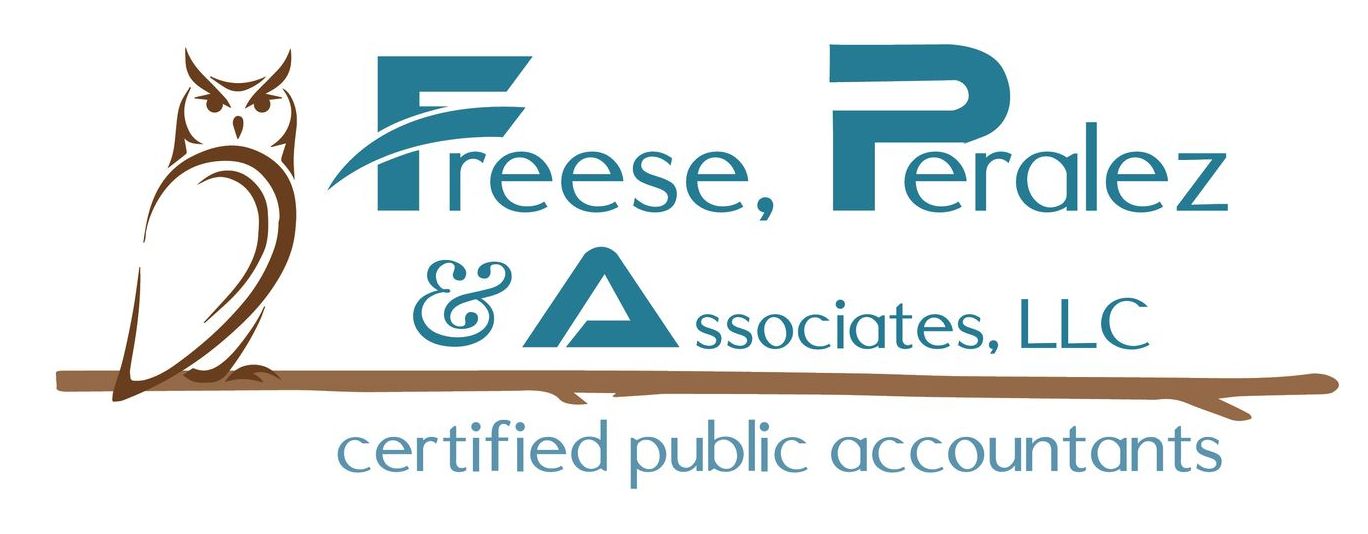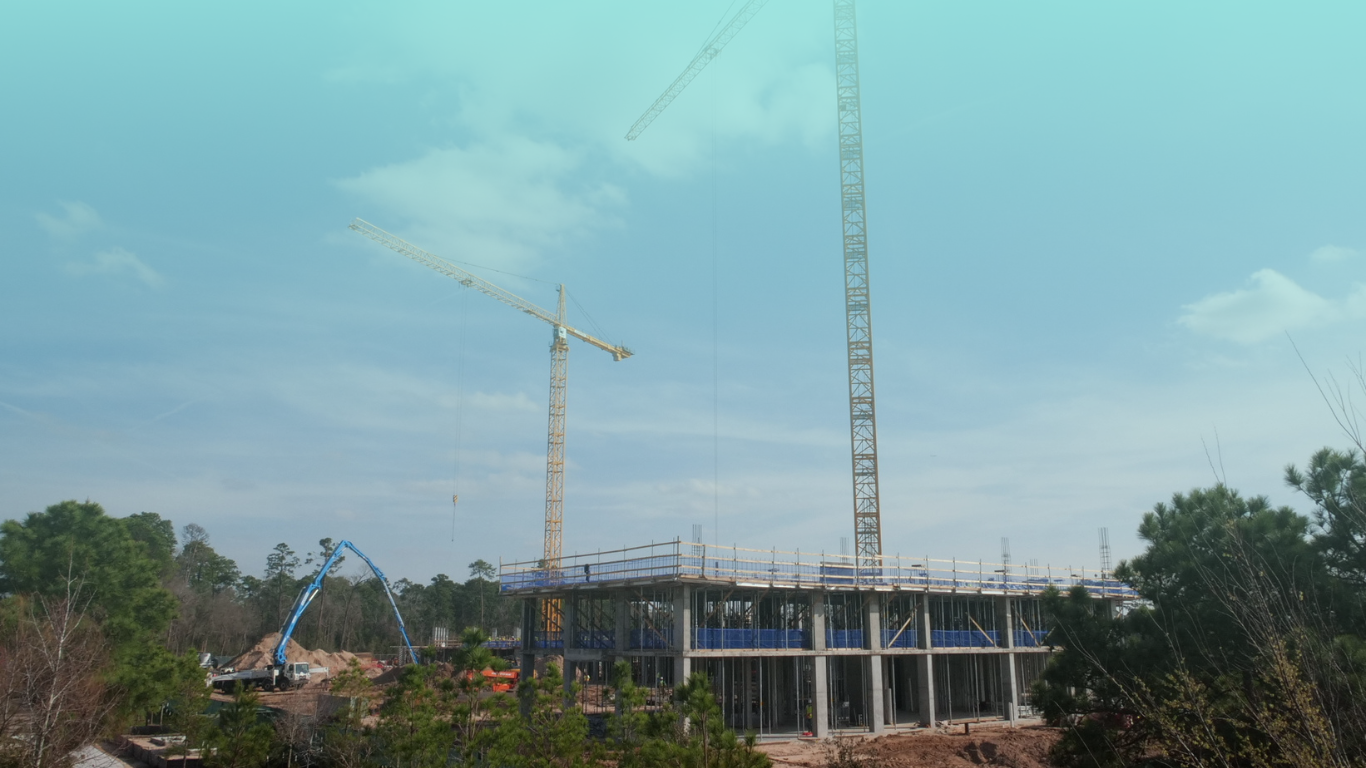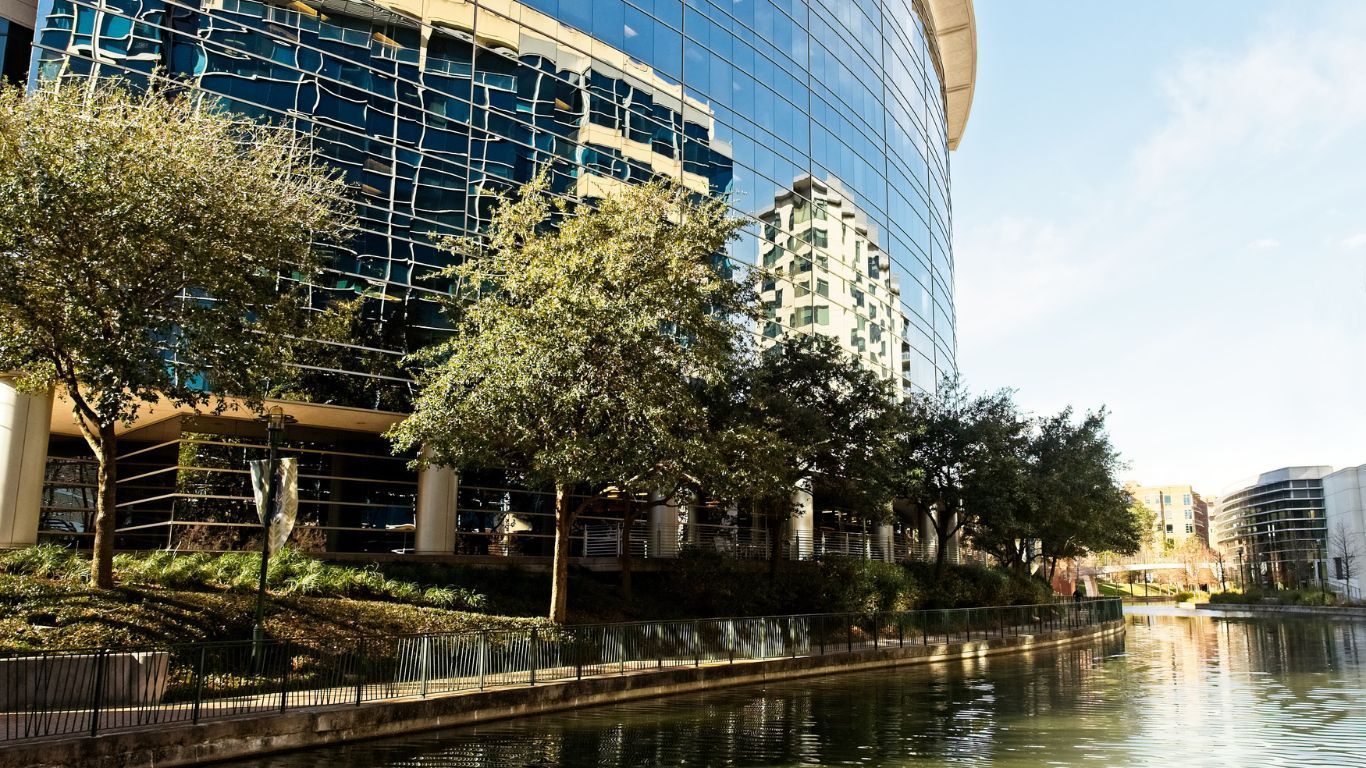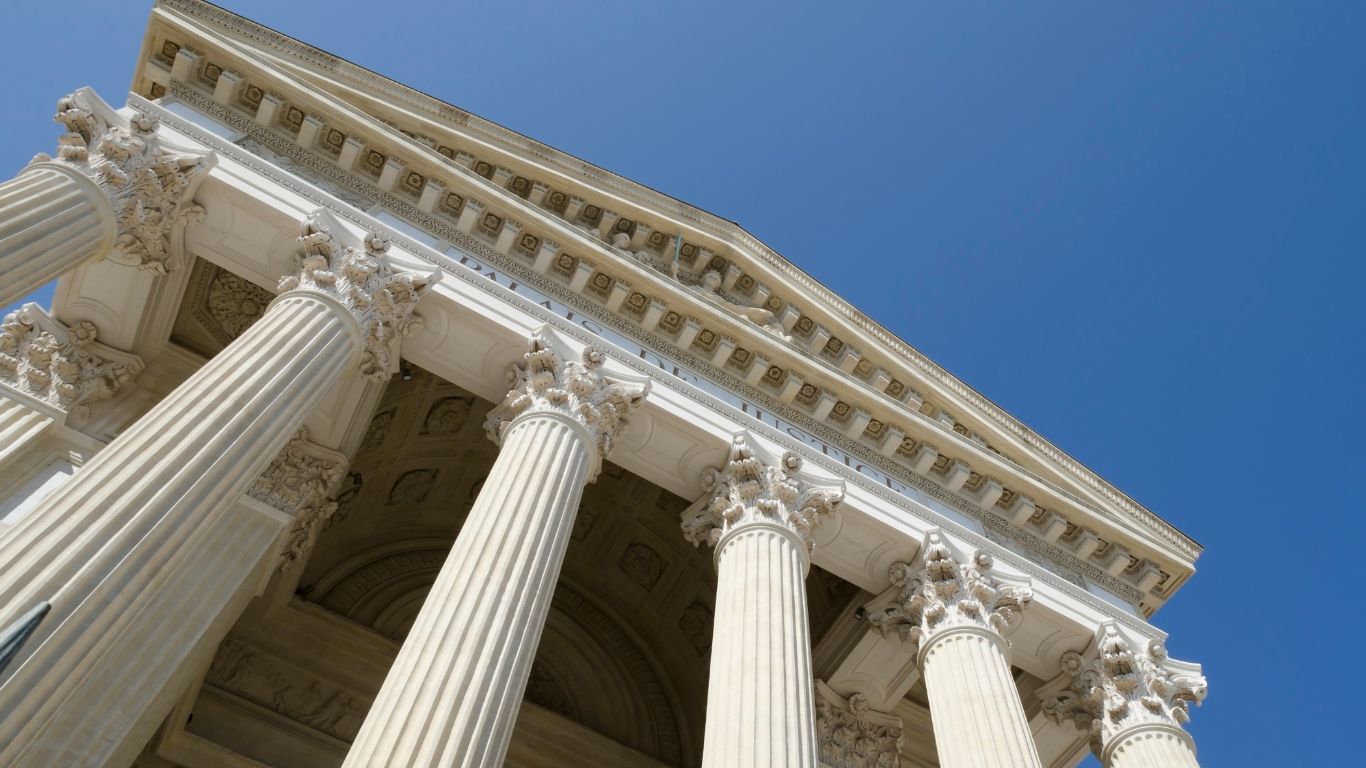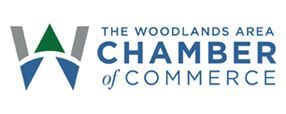The Push for R&D Amortization Reversal
The Push for R&D Amortization Reversal
The American Innovation and Jobs Act, reintroduced by Senators Maggie Hassan and Todd Young on March 17, 2023, is set to transform the landscape of R&D tax credits, a movement closely monitored by Freese, Peralez & Associates. This bipartisan initiative seeks to amend the current stipulations under Section 174 of the tax code, emanating from the 2017 tax reforms, to extend the R&D Credit more inclusively to startups and small businesses, fostering an environment ripe for innovation and economic advancement.

Enhancing R&D Credits for Startups and Small Businesses
Central to the Act's provisions is the aim to rejuvenate long-term R&D investment incentives and enhance the accessibility of the refundable R&D Tax Credit. Notably, the Act advocates for an increase in the refundable R&D credit cap from $250,000 to $500,000, with a proposed elevation to $750,000 over the next decade. Additionally, it aims to raise the credit rate for startups from 14% to 20% and elevate the gross receipts threshold from $5M to $15M, broadening the spectrum of businesses eligible for the payroll tax credit.
Concurrently, the business community and various industry factions are championing a reversal of the R&D amortization rules, which have been criticized for dampening business investment in research across the board. The linkage between a noticeable dip in private-sector R&D expenditure and the commencement of the R&D expenses amortization rule is becoming increasingly apparent.
The previous flexibility afforded by Section 174, allowing businesses the choice between immediate expense deductions or the capitalization and amortization of R&E expenditures, significantly fueled U.S. innovation and growth. However, the Tax Cuts and Jobs Act of 2017 altered this dynamic, introducing a mandate for the capitalization and amortization of such costs over set periods. This shift has sown seeds of confusion and posed challenges for taxpayers.
Addressing these complexities, the IRS issued interim guidance (Notice 2023-63), shedding light on certain aspects of Section 174 expenditures, including software development and research conducted under contract. This guidance is a step towards clarity, yet businesses continue to navigate the murky waters of the amended R&E expenditure rules.
Echoing the concerns of the business sector, the American Institute of Certified Public Accountants (AICPA) has called on Congress for an extension of the amortization requirement under Section 174 until 2026, aiming to ease tax compliance and diminish the prevailing ambiguities between capitalizable and deductible costs. The AICPA further pushes for a permanent extension of deductions for Section 174 expenditures to stave off potential disputes.
As the American Innovation and Jobs Act endeavors to mitigate the adverse effects of the Tax Cuts and Jobs Act on R&E expenditures, Freese, Peralez & Associates remains committed to guiding businesses through the evolving tax landscape. With impending updates on the horizon, the importance of expert counsel has never been more pronounced. Freese, Peralez & Associates stands ready to assist businesses in leveraging these legislative changes to maximize their R&D tax benefits, underscoring the firm's dedication to supporting innovation and growth in the business community.


